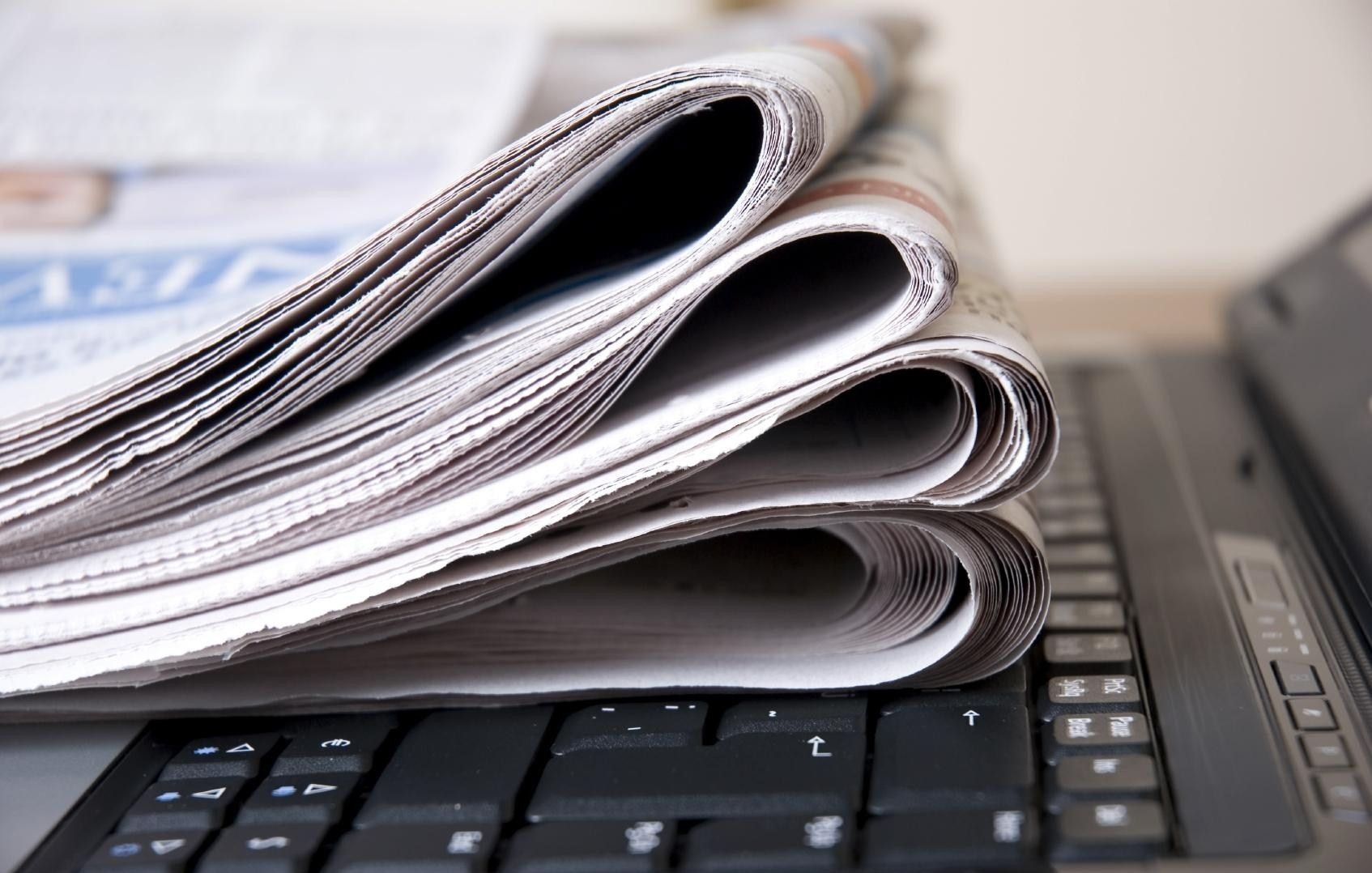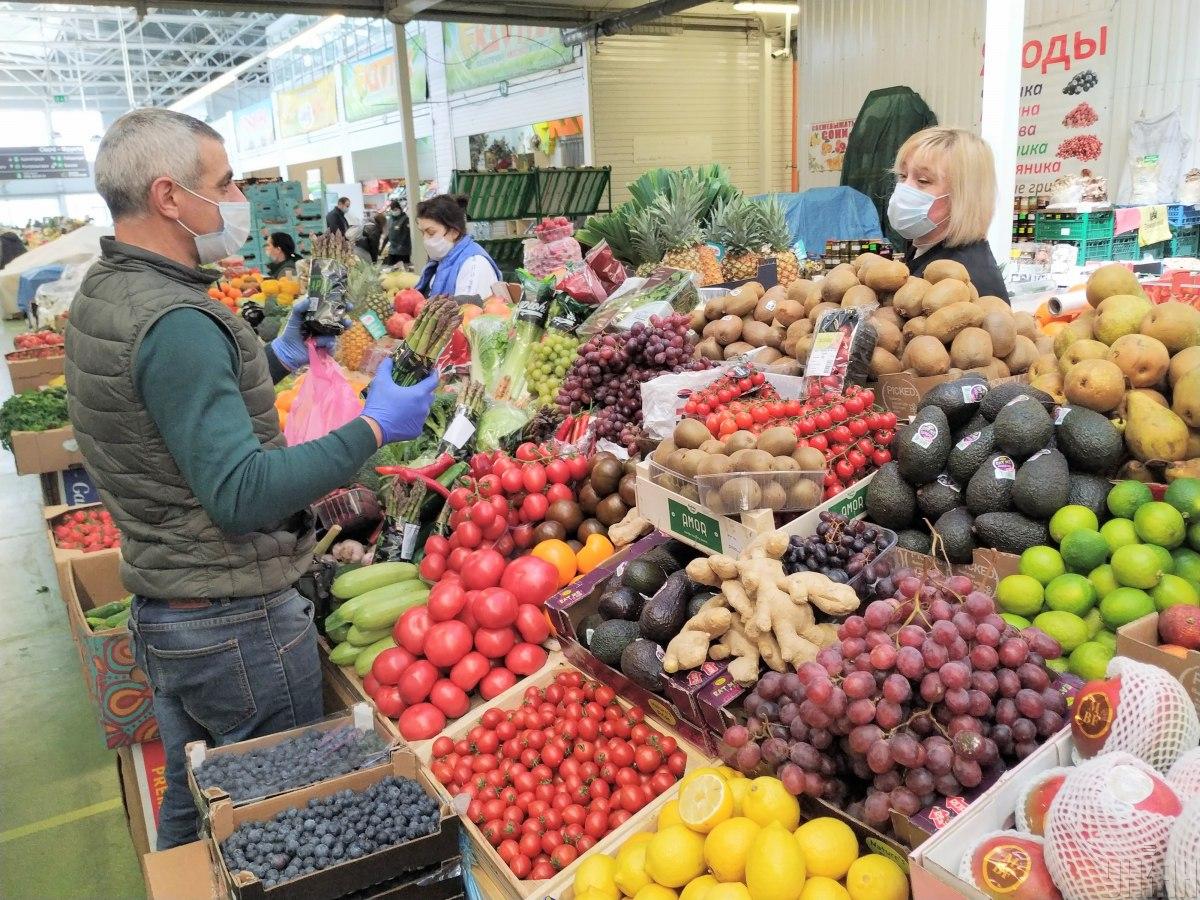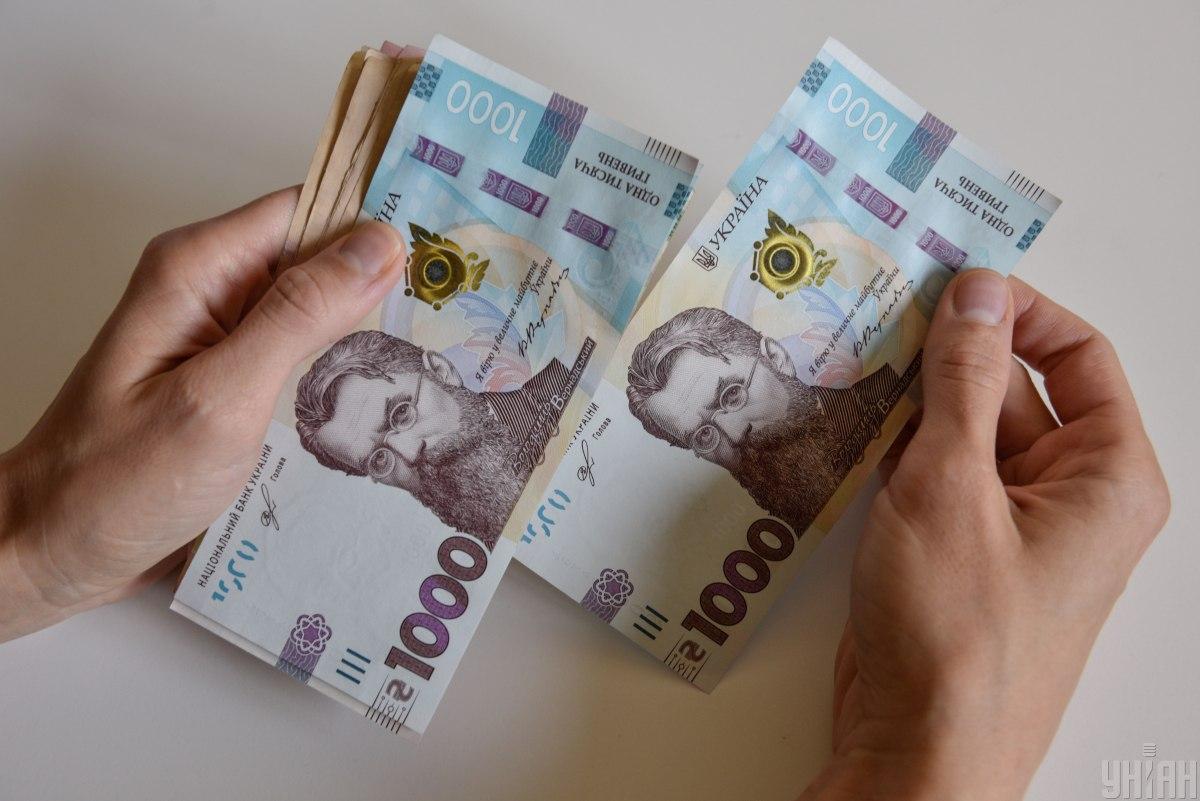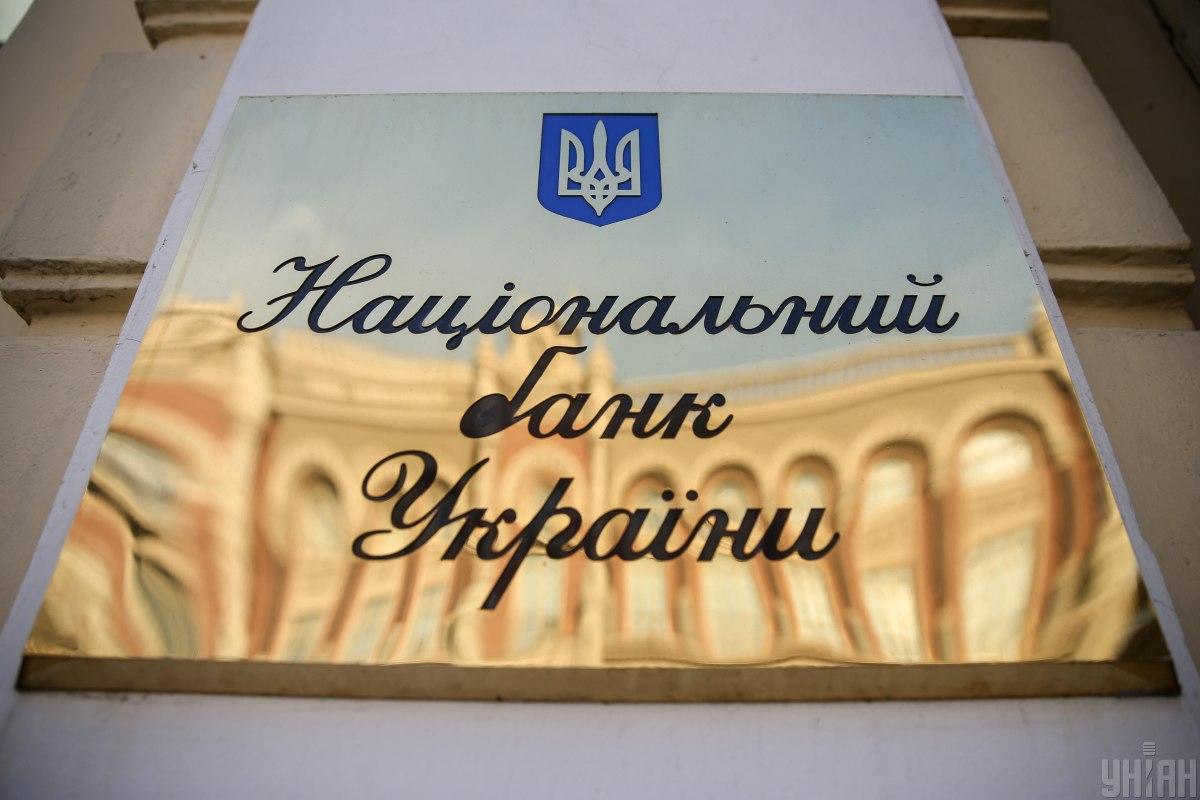
Week's balance: Cabinet allows food markets to reopen, limits salaries to CEOs of state-owned companies, while National Bank introduces new coin
The Cabinet of Ministers decided to support small businesses amid quarantine, having allowed food markets to reopen across country, and cut the already sky-high salaries to heads of state-owned enterprises, while the National Bank said it would be putting in circulation a new UAH 10 coin.
The novel coronavirus continues to dictate the agenda for the everyday life of Ukrainians. While earlier, minds were focused on daily coronavirus updates, now the attention is shifting toward a range of pressing economic problems arising from quarantine and the unfolding crisis.
It's not the coronavirus epidemic that brings most anxiety to Ukrainians but rather prospects of losing their jobs and having no savings to survive the period of tough bans. And this the authorities cannot ignore. To keep the national economy from sliding into a deep abyss, government must think about ensuring a gradual return to normal and put forward development incentives.
Realizing that micro-, small, and medium-sized businesses are most vulnerable to the impact of quarantine, the Cabinet of Ministers on April 29 authorized the reopening of food and agricultural markets subject to strict social distancing and public safety standards.
This is not the first attempt to reopen markets: on March 31, the Ministry of Health recommended that their work be allowed, but two weeks rolled back on the idea due to massive non-compliance with anti-epidemiological standards.

The new resolution suggests that this time the Cabinet seeks to do everything right. In particular, Minister of Economic Development, Trade and Agriculture Ihor Petrashko emphasized that the operations of 872 food markets will be resumed only in compliance with sanitary standards proposed by the chief sanitary doctor. "There will be additional elements of control: this is the monitoring by two inspectors of the State Food and Beverage Service in each of these markets," the minister said.
At the same meeting on Wednesday, the Cabinet of Ministers supported the bill, which proposes to introduce a mechanism for providing loans to small businesses under state guarantees.
"If an entrepreneur cannot show income because they weren't working during quarantine, they will still be able to receive funds. The guarantor will be the state. It is important that businesses have the opportunity to receive an additional resource in the difficult conditions of the coronavirus crisis. I hope that the Verkhovna Rada will support the legislative changes as soon as possible," said Prime Minister Denys Shmyhal.
Also, President of Ukraine Volodymyr Zelensky said the government and the National Bank would soon present a mortgage program at nearly 10% and loans to small businesses at a low rate for paying salaries to their employees.
Obviously, such a package of financial assistance is impossible without the effective work of tax and customs agencies. Therefore, after their chiefs, Serhiy Verlanov and Maksym Nefyodov, were last week dismissed l, the government quickly appointed acting heads of tax and customs, while on April 29, the Cabinet appointed a full-fledged head of the tax service, Oleksiy Lyubchenko.
War on high salaries of officials

Last week, the Cabinet of Ministers made a decision from April to the end of quarantine to limit the volume of salaries of management of state companies and the remuneration of members of supervisory boards to UAH 47,000. The decision also applies to heads of state banks and their supervisory boards.
Public indignation at the sky-high salaries of CEOs of state-owned companies and members of their supervisory councils has for more than a year been one of the basic features of people's perception of authorities, so a bit of a backslide for top managers is expected to somewhat lower the degree of social tension.
The official stats on average wages released this week showed that the average nominal wage of a full-time employee in Ukraine in March 2020 increased by 11.8% on year to UAH 11,446, while real wages increased by 9.3%.
New UAH 10 coin

The National Bank has announced that, starting June 3, the regulator would put into circulation coins with a face value of UAH 10, set to gradually replace the corresponding banknotes.
Representatives of the National Bank emphasized that the decision is part of a comprehensive process for optimizing and updating the hryvnia banknote-coin series, which has been ongoing since 2014 and aims to provide reliable and tamper-resistant banknotes, convenience of cash payments, and cost savings for the state.
Most Ukrainians are unlikely to agree with the idea that this will lead to more convenient cash payments, although it is worth noting that the move is indeed part of a long-term strategy and, as the experience of the Eurozone shows that introducing coins is a normal and rather logical process of developing cash money.
What worries Ukrainians much more is the real value of these coins. In this regard, the last week of April brought some positive news as a certain calm has set on the forex market.
Hryvnia entered the May holidays with the NBU rate of UAH 26.97 to the dollar, which is 17 kopiykas lower than on Monday. The euro traded at UAH 29.24, nine kopiykas down against Monday. Such strengthening of the hryvnia in the absence of National Bank interventions on the interbank market shows that the forex system of Ukraine is now in a fairly stable condition.
Timid optimism about the fate of the hryvnia and the country's finances as a whole was reinforced by the head of the Ministry of Finance, Serhiy Marchenko, who said this week that Ukraine expected to receive over $3.5 billion from the International Monetary Fund before year-end.
"At the moment we are talking about $3.5 billion and two tranches, accordingly. The first tranche is $1.75 billion and the second is $1.75 billion," he said.
Moreover, the minister stressed he would resign if Ukraine did not secure the loan.
In the first week of May, the statistics agency is set to publish data on April inflation, which will show how previous reports on average wages correlate with citizens' purchasing power.
Also, it is going to be the last full week of quarantine, which means that it is critical for assessing the prospects for mitigating restrictive measures and how exactly the easing will proceed. The pace of economy restart largely depends on how Ukrainians behave in this period.
Pavlo Stepanets

